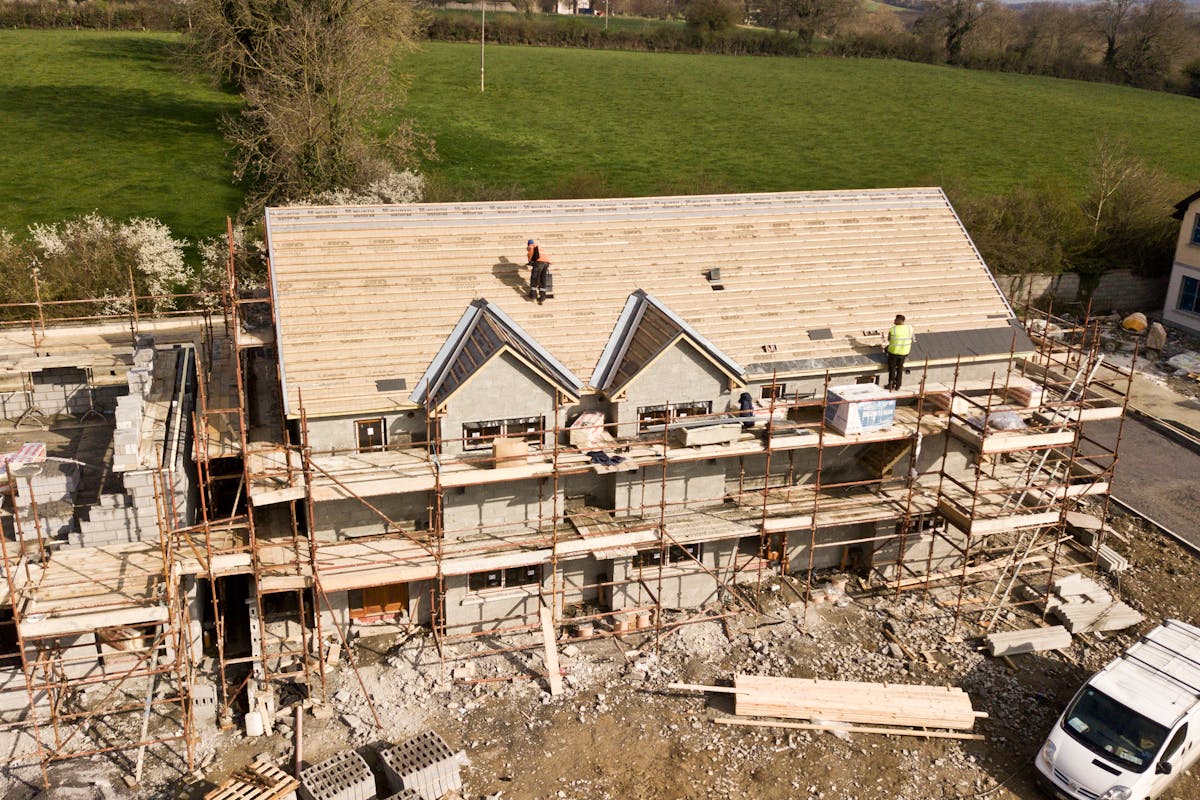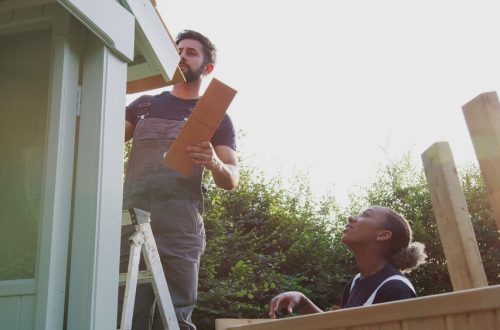
- Proper planning and outlining goals, budget, and design are crucial steps before starting a renovation.
- Securing necessary permits and permissions in advance prevents delays and ensures compliance with local regulations.
- Protecting belongings and communicating expectations with contractors are essential for a smooth renovation process.
- Preparing for disruption, including making temporary living or kitchen arrangements, minimizes inconvenience during major renovations.
Embarking on a major renovation project can be an exciting yet daunting task for homeowners. Whether you’re looking to update your kitchen, add an extension, or completely remodel your home, proper preparation is vital to ensuring a successful outcome. This blog will discuss essential tips to help you prepare your home for a major renovation. Following these tips can minimize stress, save time and money, and ultimately achieve desired results.
Plan Ahead
Before diving into any renovation project, it’s crucial to have a clear plan in place. Take the time to sit down and outline your goals, budget, timeline, and design preferences. Consider hiring a professional architect or designer to help you create detailed plans and drawings to guide the construction process. Planning ahead will streamline the renovation process and help you avoid costly mistakes down the line.
Secure Permits and Permissions
Depending on the scope of your renovation project, you may need to obtain permits from your local building department or homeowners’ association. Research the necessary permits and permissions well to avoid delays or complications during construction. Working with a reputable contractor familiar with local regulations can help ensure all necessary paperwork is in order before work begins.
Protect Your Belongings
Renovations can be messy and disruptive, so taking steps to protect your belongings during construction is essential. Consider renting a storage unit for valuable items or furniture that could be damaged during the renovation process.
Cover floors and furniture with protective materials such as plastic sheeting or drop cloths to prevent dust and debris from settling on surfaces. Taking these precautions will keep your belongings safe and make cleaning up after the renovation much easier.
Communicate with Your Contractor
Effective communication with your contractor is essential for a successful renovation project. Communicate your expectations, preferences, and concerns before work begins. Regularly check in with your contractor throughout the renovation process to address any issues that may arise and ensure that the project stays on track. Open communication will help prevent misunderstandings and ensure both parties are satisfied with the result.
Do an Initial Cleanup
Before the renovation work begins, it’s a good idea to do an initial cleanup of the area that will be renovated. This will not only help you get a better sense of the space but also make it easier for construction workers to access and work in the area.
Remove any unnecessary items or debris, and consider covering furniture or floors with protective materials if they are staying in the renovation zone. You should also consider renting out a residential dumpster to dispose of any large or bulky items that cannot be easily discarded. This dumpster can also be used throughout the renovation process to keep the area clean and organized.
Prepare for Disruption
Major renovations can disrupt daily routines and living arrangements, so it’s essential to prepare yourself and your family for potential inconveniences during construction. To minimize disruptions, here are four tips to keep in mind:
Plan for Temporary Living Arrangements
Having a temporary living arrangement during a major renovation project can make your life much easier. Consider staying with family or friends, renting an Airbnb, or even using an RV on your property as a temporary home.
Set Up a Temporary Kitchen
If you’re renovating your kitchen, consider setting up a temporary kitchen in another part of the house. This could be as simple as using a mini-fridge, microwave, and electric skillet to prepare meals.
Establish “Work Hours” with Your Contractor
To minimize disruptions to your daily routine, establish specific work hours with your contractor. This will allow you to plan your day accordingly and have some peace and quiet during non-work hours.
Have a Contingency Plan
Unforeseen circumstances can always arise during a major renovation, so it’s essential to have a contingency plan in place. This could include having extra funds set aside for unexpected expenses or making alternative arrangements if the project takes longer than expected.
While the prospect of a major home renovation can seem overwhelming, proper preparation can significantly ease the process. You can forge a successful renovation by planning, securing permits, protecting your belongings, communicating effectively with your contractor, doing an initial cleanup, and preparing for disruption.
Remember, the key to a successful renovation lies in the tangible changes you make to your home and the meticulous planning and preparation that precedes the physical work. Approach the project with patience, flexibility, and a clear vision, and you’ll soon be enjoying the revitalized space you’ve dreamed about.






